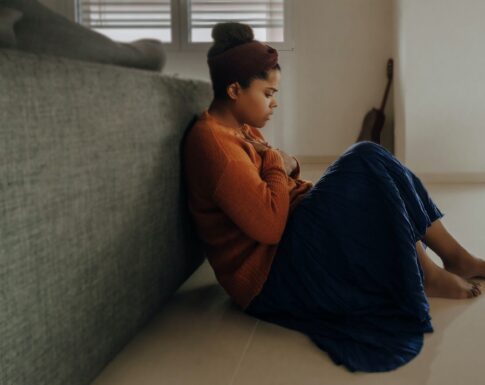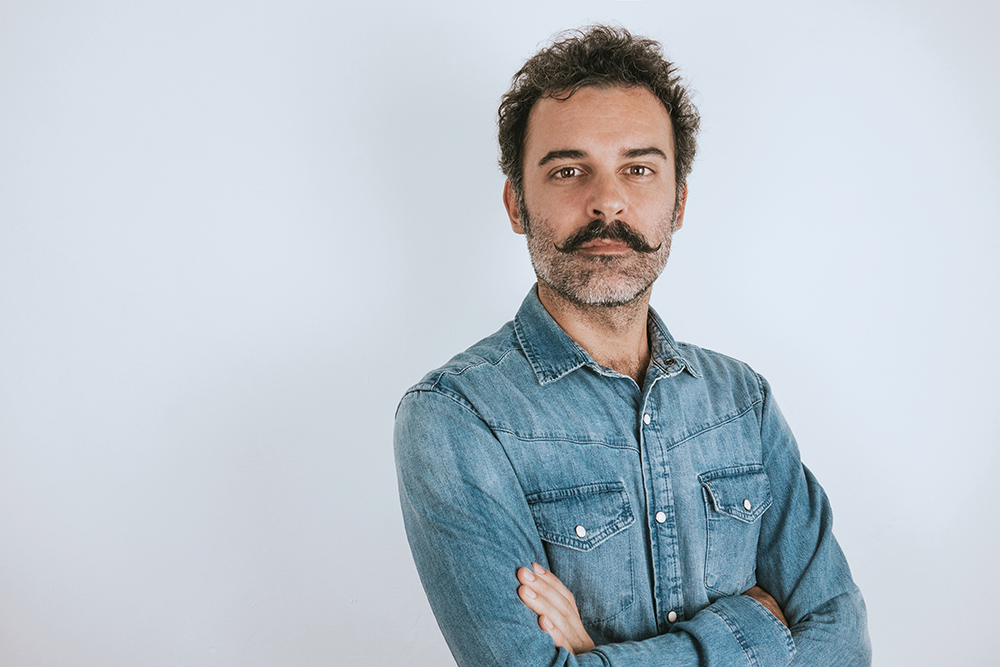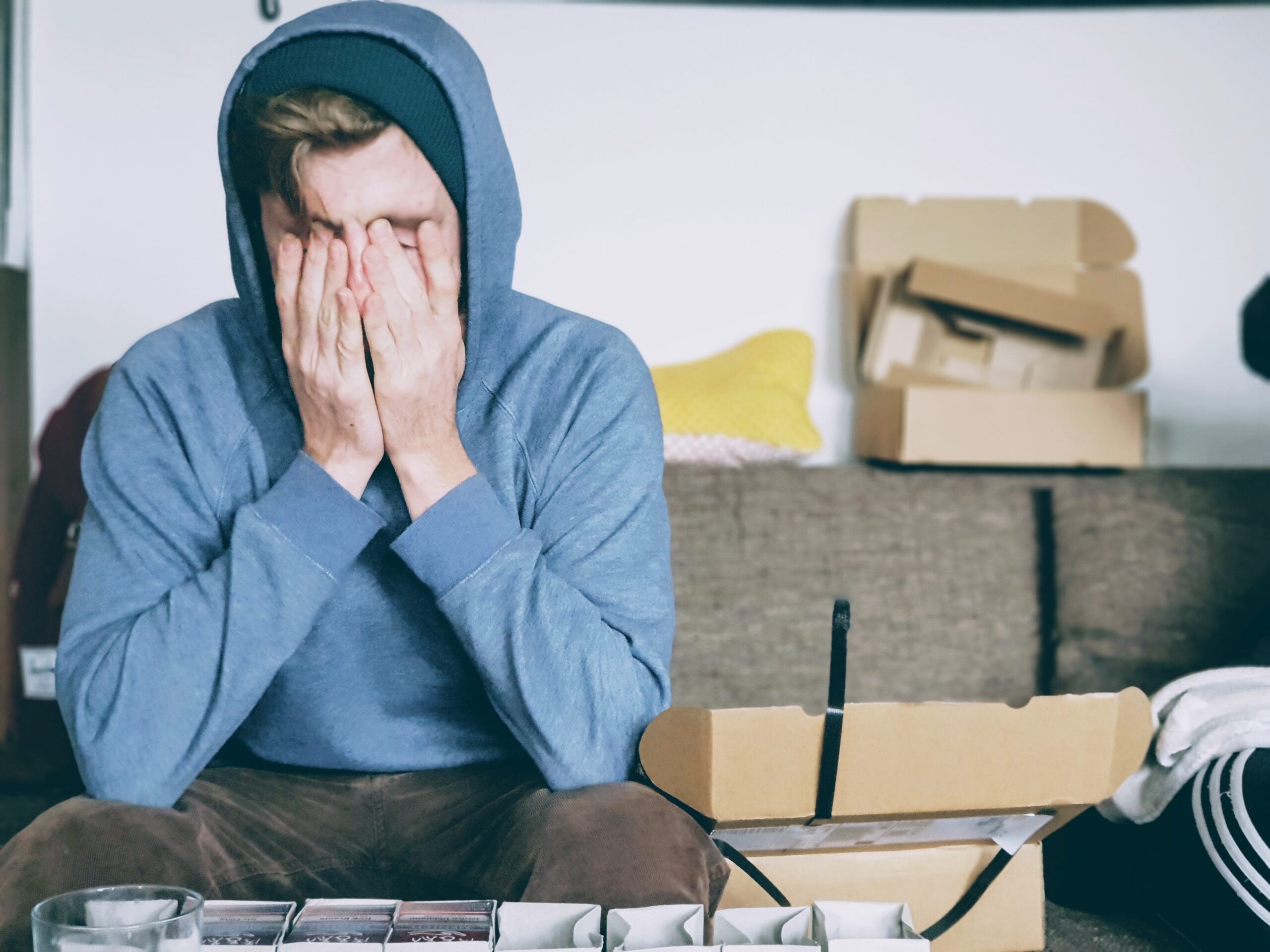Well Being – Anxiety

Anxiety can affect any kind of person at any stage of their life, whether they are an introvert or an extrovert, socially active or shy, youthful or elderly, male or female, wealthy or poor. Whatever your distinction, you can become anxious. That means that any person you know is also fair game. So remember, you are not alone. 1 in 6 in the welsh workforce suffer with anxiety.
It is important to fully understand the way our bodies react to threat or danger, whether real or imagined. When a person is in danger or believes that they are in danger a number of changes occur. This response has been named the fight/flight response.
As previously explained, when confronted with danger we will typically flee from the situation or stand and fight. The main purpose of the fight/flight response is to protect the individual. It is therefore important to remember that the experience of anxiety is not in itself, harmful. As you can see from this description of the fight/flight response, anxiety is an important emotion that serves to protect us from harm.
For some people the fight/flight response becomes activated in situations where no real danger is present. The types of situations vary greatly from person to person. For example, simply anticipating poor performance on an examination can be enough to activate the fight/flight response. An anxiety disorder is usually diagnosed when a person cannot manage to function adequately in their daily life due to the frequency and severity of the symptoms of anxiety. It is important to keep in mind however, that some anxiety is functional, enabling us to get to work on time, meet demands, cross busy streets and remain aware of our surroundings.
How can we deal with this emotion?
Breathing
Anxiety causes an increase in our breathing rate, as part of the physical fight or flight response to a perceived threat. However, when our breathing rate increases without any physical exertion, we breathe out too much carbon dioxide. If the body cannot quickly return carbon dioxide levels to the optimal range, we experience further symptoms such as dizziness, light-headedness, headache, weakness and tingling in the extremities and muscle stiffness.
Gaining control over your breathing involves both slowing your rate of breathing and changing your breathing style. Use the following steps to be well on your way to developing a better breathing habit.
- Ensure that you are sitting on a comfortable chair or laying on a bed
- Take a breath in for 4 seconds (through the nose if possible
- Hold the breath for 2 seconds
- Release the breath taking 6 seconds (through the nose if possible)., then pause slightly before breathing in again.
- Practise, practise, practise!
Exercise
Research shows that physical exercise improves physical and mental health, including anxiety and depression. People who exercise are less likely to have an anxiety disorder, and exercise naturally increases some of the brain proteins that help us learn that we are safe. Exercise appears to help with anxiety regardless of the causes or triggers of the anxiety, so it can be effectively applied to a range of anxiety-related problems, such as panic disorder, social anxiety disorder, generalised anxiety disorder, post-traumatic stress disorder, and obsessive-compulsive disorder.
If you would like to know more, or want to discuss any concerns or worries you may have please get in touch.


